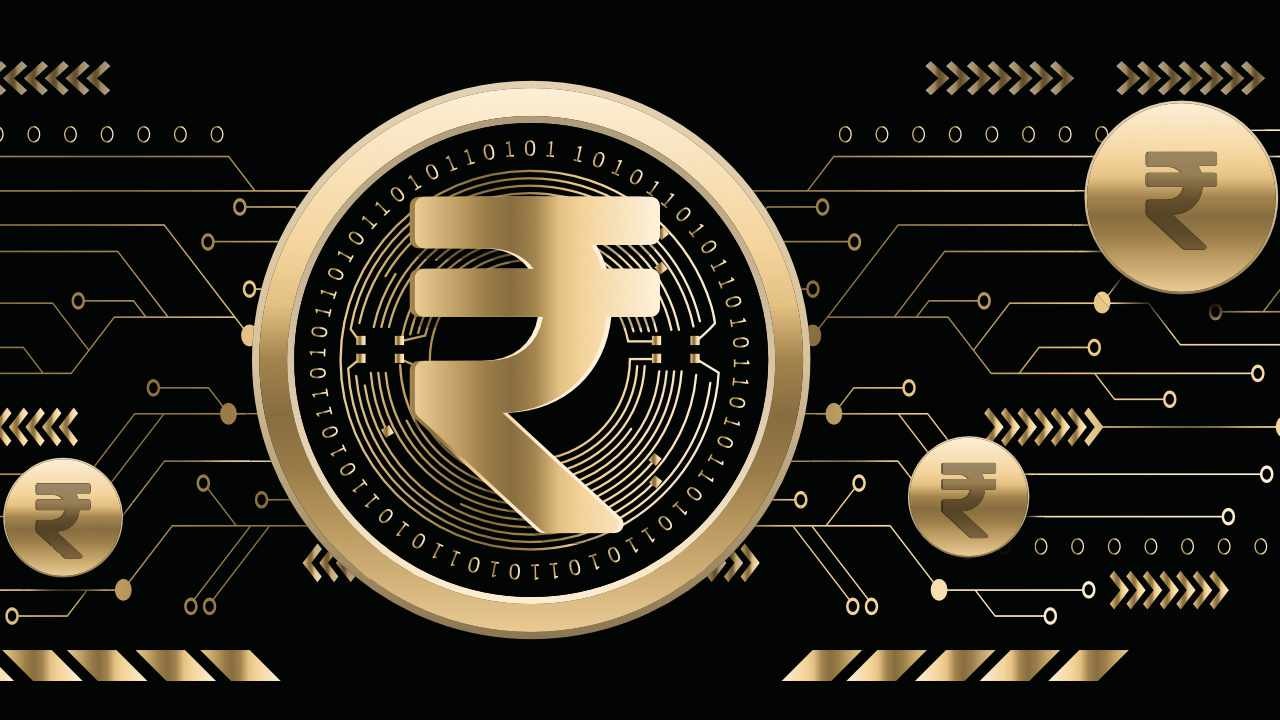December 1st, 2022, marks the day when India’s finally become a part of its first digital rupee dubbed as the Central Bank Digital Currency (CBDC) or simply the e-Rupee or Digital Rupee. Launched by RBI as a pilot in four cities in India during the trial phase, the digital rupee is an electronic form of the legal tender that holds the same value.
It is token-based and works on blockchain technology. If you are skeptical about it, you should know that it is nothing linked to cryptocurrencies that tanked drastically in mid-2021 causing millions of crypto traders billions in valuation.
What is a retail e-Rupee?
First things first, India’s digital e-Rupee is known by many names – India Digital Rupee, CBDC, and e-Rupee. Now that the moniker is clear, you should know that the retail e-Rupee is an electronic form of money that offers the same degree of trust and settlement finality as cash or sovereign currency.
e-Rupee transactions can be Person to Person (P2P) or Person to Merchant (P2M). It is a liability of the central bank as the RBI has proposed the same making it a secure form of transaction. It doesn’t attract any interest though and you will need a digital wallet from participating lenders to secure the e-Rupee and the transactions.
Retail Digital Rupees: Which cities and banks are piloting?
India’s digital rupee – CBDC, has debuted in four major metropolitan cities in India. Those are Mumbai, New Delhi, Bengaluru, and Bhubaneswar starting December 1 (Thursday). CBDC will be available through four major lenders in India – ICICI Bank, Yes Bank, the State Bank of India, and IDFC First Bank during the trial period.
Of course, India will add more cities and lenders after the end of its initial trial and mark its national presence once everything goes as planned. Some of the cities that will get their hands on CBDC are Patna, Lucknow, Ahmedabad, Gangtok, Indore, Shimla, Guwahati, and Hyderabad. Similarly, Kotak Mahindra Bank, HDFC Bank, Union Bank of India, and Bank of Baroda among others are gearing up for the debut as well.
Industry experts are optimistic about the Indian Digital Rupee and have expressed their support and the scope that CBDC has in terms of its adoptability. For sure, it will pit against UPI payments that revolutionized how Indians trade and transfer money forever. It will open up avenue for CBDC-backed currencies in the favor unlike the instability of cryptocurrencies.
How To Use e-Rupee?
At the moment, the e-Rupee or digital rupee is available to closed user groups (CUG) composed of both merchants and customers. It is a pilot and thus, rolled out across CUGs in the four cities mentioned above. As a retail-oriented e-Rupee, it has the potential to disrupt retail transactions allowing users to pay and exchange e-Rupee across businesses and private sectors among others.
It holds the same value as sovereign cash currency but in a digital format. Merchants can set up QR codes for users to pay a said amount on their smartphones and other eligible electronic devices.
Banks will be responsible for account-keeping, distribution of notes, adherence to KYC, transaction verification, and anti-money laundering tactics among others. As the e-Rupee is based on blockchain technology, the records once set are carved out of stone and thus, cannot be replaced or deleted. It gives users much better security than ever which is why blockchain is being summoned in many use cases nowadays.
India is aiming towards going paperless or cashless and thus, the e-Rupee is a major step towards transforming how Indians spend allowing them to get accustomed to a cashless economy. It is much like UPI which became disruptive following demonetization in 2018 with a second jumpstart due to the COVID-19 pandemic in 2020.
Digital rupee puts all the stakeholders to various advantages. Users won’t need a bank account to keep the electronic cash unlike the UPI transactions where you must maintain cash in your bank account linked to the UPI. Government will get real-time data on transactions and maintain ledger and more.
